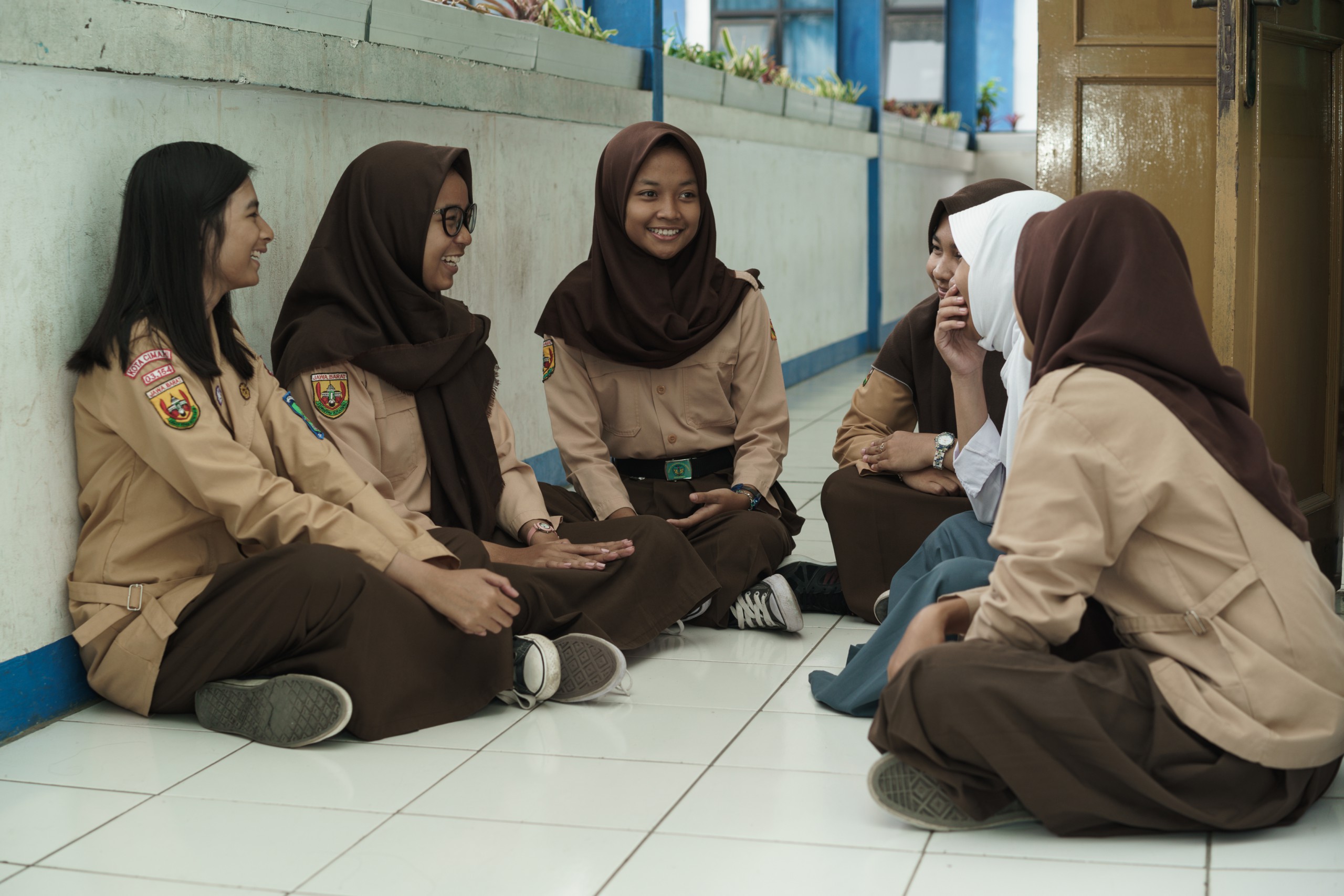Field Stories
Ten inspiring global nutrition stories
December 17, 2024
WP_Term Object
(
[term_id] => 48
[name] => News
[slug] => all-news
[term_group] => 0
[term_taxonomy_id] => 48
[taxonomy] => news-category
[description] => Stay up to date on our announcements, newest projects and partnerships, and news about how we’re making a difference in the lives of people around the world.
[parent] => 0
[count] => 272
[filter] => raw
)
PMNCH highlights success of Nutrition International adolescent nutrition program in Indonesia
Nutrition International's adolescent nutrition program in Indonesia has been unveiled as one of the twelve Success Factors case studies selected by the WHO's PMNCH offering groundbreaking examples of cross-sector collaborations to improve women's, children's and adolescent's health.
Posted on May 15, 2018

Nutrition International’s adolescent nutrition program in Indonesia has been unveiled as one of twelve Success Factors case studies selected by the Partnership for Maternal, Newborn & Child Health (PMNCH), in support of Every Woman Every Child (EWEC) offering inspiring and groundbreaking examples of cross-sector collaborations to improve women’s, children’s and adolescent’s health.
In 2017, EWEC partners agreed to focus their collective efforts on six priorities to accelerate progress and better align action across sectors in implementing the Global Strategy for Women’s, Children’s and Adolescents’ Health (2016-2030): early childhood development; adolescent health and well-being; quality, equity and dignity; sexual and reproductive health and rights; empowerment of women, girls and communities; and humanitarian and fragile settings.
In support of EWEC’s priorities, PMNCH is leading the development of twelve Success Factors case studies to showcase successful multi-stakeholder collaborations across sectors in each of these areas. The case studies provide inspiration, insight and ideas, shedding light on what works and why, and on how to address challenges.
Among 300 case studies submitted from around the world, Nutrition International has been selected as a leading example in adolescent health and well-being for its iron and folic acid supplementation program in Indonesia.
‘’Nutrition International is proud to have been chosen as a global example for multi-stakeholder collaborations for adolescent health and nutrition. The launch of the Success Factors case studies will be a key opportunity for exchange between countries and partners to improve the health and well-being of women, children and adolescents. This is especially important in the adolescent health and nutrition space, as this group has been underserved by health and nutrition programs,’’ said Marion Roche, Senior Technical Advisor, Adolescents’ and Women’s Health and Nutrition.
The program is the result of a collaboration between Indonesia’s Ministry of Health and Nutrition International, through its Indonesia country office, who worked with the Ministries of Education and Religious Affairs to design and implement a school-based project to offer weekly iron and folic acid supplementation to adolescent girls and nutrition education and counselling for both adolescent boys and girls. The program was developed to address high levels of anaemia and low access to preventative nutrition and health services among adolescent girls in Indonesia.
In 2017, 65,000 adolescent girls were reached through the program in over 244 schools in West Java. The program is now being scaled up to Banten and West Java through the Right Start Initiative funded by the Government of Canada, and is being expanded to East Nusa Tenggara and East Java through the MITRA youth project with funds from the Australian Department of Foreign Affairs and Trade (DFAT). The project has the potential to reach over 2 million adolescents over the next three years.
The 12 Success Factors case studies will be launched on December 12-13, 2018 at the PMNCH’s Partners’ Forum 2018 in New Delhi, to promote and inform advocacy and country-level action on collaboration across sectors in the era of the Sustainable Development Goals. The Forum will be attended by numerous global champions, including former President of Chile and the incoming PMNCH Board Chair, Dr Michelle Bachelet, Indian Minister of Health and Family Welfare JP Nadda, and actor and UNICEF Goodwill Ambassador Priyanka Chopra.
Learn more about Nutrition International’s work in Indonesia
About the PMNCH
Hosted by the World Health Organization, the Partnership for Maternal, Newborn & Child Health (The Partnership, PMNCH) is an alliance of more than 1000 organizations in 77 countries from the sexual, reproductive, maternal, newborn, child and adolescent health communities, as well as health influencing sectors. The Partnership provides a platform for organizations to align objectives, strategies and resources, and agree on interventions to improve maternal, newborn, child and adolescent health.